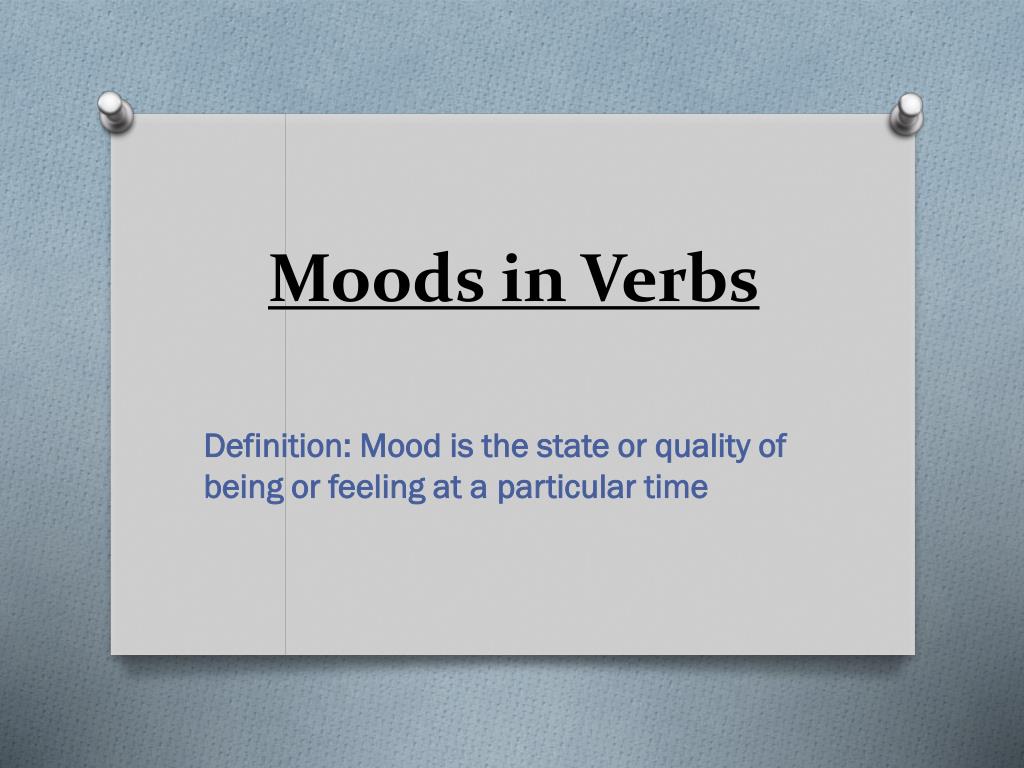

That's right: McDonald's famous catchline " I'm Lovin' It" is grammatically incorrect. Stative verbs typically can’t be conjugated in the present continuous tense. They relate to emotions, relationships, senses, possessions, feelings, thoughts, or measurements. Instead of describing an activity, they describe a state of being or a feeling. Stative verbs are pretty much the opposite of dynamic verbs. If a sentence contains a dynamic verb, you can usually ask the question, "What happened?". How will you know they are dynamic verbs? They still describe an activity. For example, "stay," "dream," and "achieve" are all dynamic verbs. This action might have ended, still, be happening right now, or be planned for the future.ĭynamic verbs, although known as action verbs, can also happen in the mind, so they're actually not always an action. For example, in the following sentence, the subject " Danny" is doing the action of " throwing." Dynamic verbsĭynamic verbs - also known as action verbs - describe an activity. Because unlike we are often taught in school, verbs don't just describe an action. Let's begin by familiarizing ourselves with what exactly verbs do and the sort of activity that each one describes.
#FUNNY VERB MOODS EXAMPLES HOW TO#
In this article, you'll learn all about how verbs interact with these other parts of speech, how to conjugate them so they form the correct tense, and best practice tips for using them. You can even make a sentence with just a word, like, for example, this imperative sentence:Īlthough you can build a verb with just a sentence, most of the time, they team up with other words to form a sentence like nouns, pronouns, and other parts of speech.

If there’s no verb, it’s not a sentence (it might be a phrase or a clause). Verbs are the only kind of word that you can't create a sentence without. Sometimes they describe a thought, a state of being, or a feeling. In fact, often, verbs aren't an action at all. In reality, verbs can do a lot more than show an action. So, first of all, what are verbs? At school, we're often taught that they're "action words," but that's oversimplifying things. Concluding Thoughts on Verbs What Are Verbs?


 0 kommentar(er)
0 kommentar(er)
